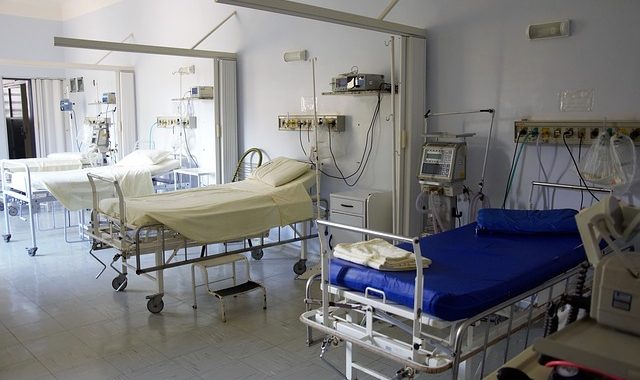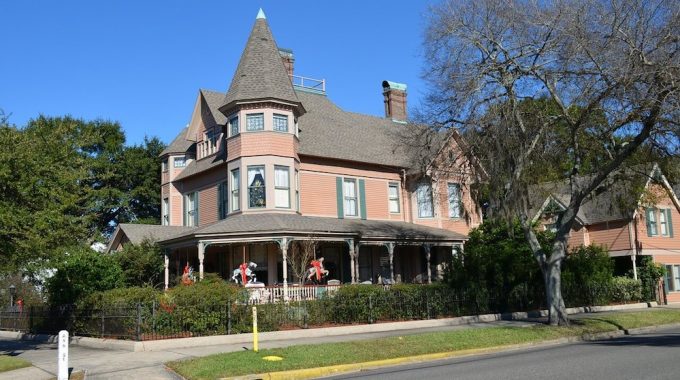
Hospice Fraud: A Big Problem for Healthcare
It is hard to imagine that there are people out there who would be able to, much less want to, take advantage of patients in hospice and their families. Alas, there are scammers in hospice as there are in every industry out there, and you could be at risk. What should you do? Be informed, ask questions, and if something doesn’t seem right, take action. Here are a few examples of hospice fraud that have recently been busted.
Fraudulent Claims
Some health care providers have used their patients as a way to scam Medicare. A health provider in Mississippi made claims to Medicare for patients that didn’t even know that they were in hospice care. The hospice business ended up having to pay over one million dollars back to Medicare and their top executives spent time in jail. Another firm in Philadelphia altered patient records to make it seem like said patients were eligible for hospice care.
Hospice providers have the power to alter patient records or put patients in hospice care without them knowing in order to make an extra buck, or millions of extra bucks. Luckily, they are the exception rather than the rule.
Doctor Racket
In 2013, a fraudulent schemer who stole $14 million was prosecuted by the FBI. The small town of Churchville, PA was the scene of the crime. A hospice business owned by a Mr. Kolodech was paying doctors to refer patients who did not need hospice care to his facility. Patients who did not have a terminal illness were staying in his hospice center and living far longer than the expected 6 months of a true hospice patient. Kolodech also routinely altered patient records to make them appear more severely ill than they actually were. Patients were being falsely diagnosed by doctors and then sent on their way to Mr. Kolodech where they were effectively imprisoned.
US Attorney Zane Memeger stated, “The guilty verdict here bolsters our resolve to investigate and prosecute fraudsters who believe they can steal the public’s hard-earned tax dollars and government funds with impunity.” Kolodech was one such fraudster who took advantage of the ill in order to scam our government for selfish gain.
Hospice Fraud Could Grow Exponentially
Between doctors, health care providers, and licensed professionals, about $900 million in hospice fraud reported last year by the Justice Department, the Department of Health, and the FBI. With Baby Boomers nearing retirement, that figure is expected to grow dramatically unless measures are taken to further crack down.
“Each day,10,000 baby boomers retire and begin receiving Medicare and Social Security benefits,” says Senator Rob Portman. Indeed, $50 billion were spent by Medicare last year during patients’ last two months of life. This tells us how huge of an industry end-of-life care is now, and indicates how much it could balloon in the next few years.
What can You Do?
You can do your part in protecting your loved one from hospice fraud by educating yourself on patients’ rights. Don’t be afraid to assert yourself if you feel like a facility is taking advantage of you or your loved one. Keep an open dialogue with the RN, the facility supervisor, and even the agency responsible for the licensure of hospice providers in your state. If you are silent on suspicious behavior, justice won’t prevail. If you suspect foul play, you can report fraudulent practices by hospices in your area by contacting the U.S. Department of Health and Human Services at 1-800-447-8477 (800-HHS-TIPS), or visit their website.





